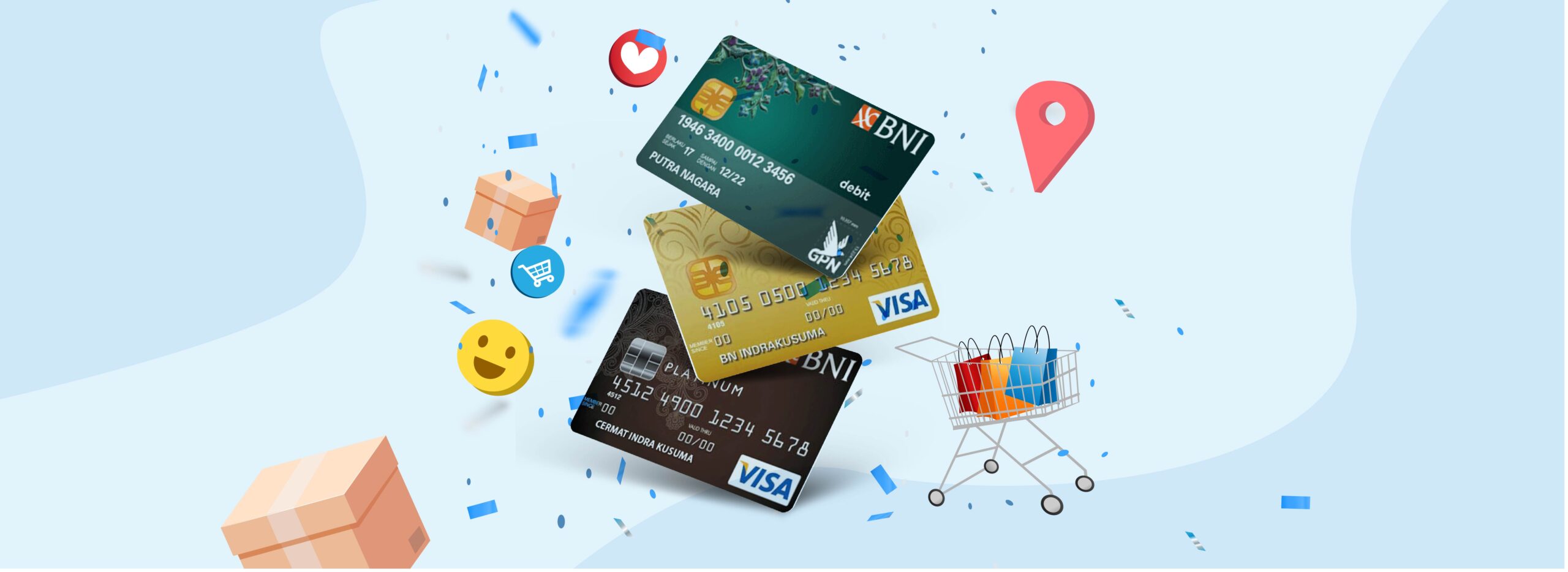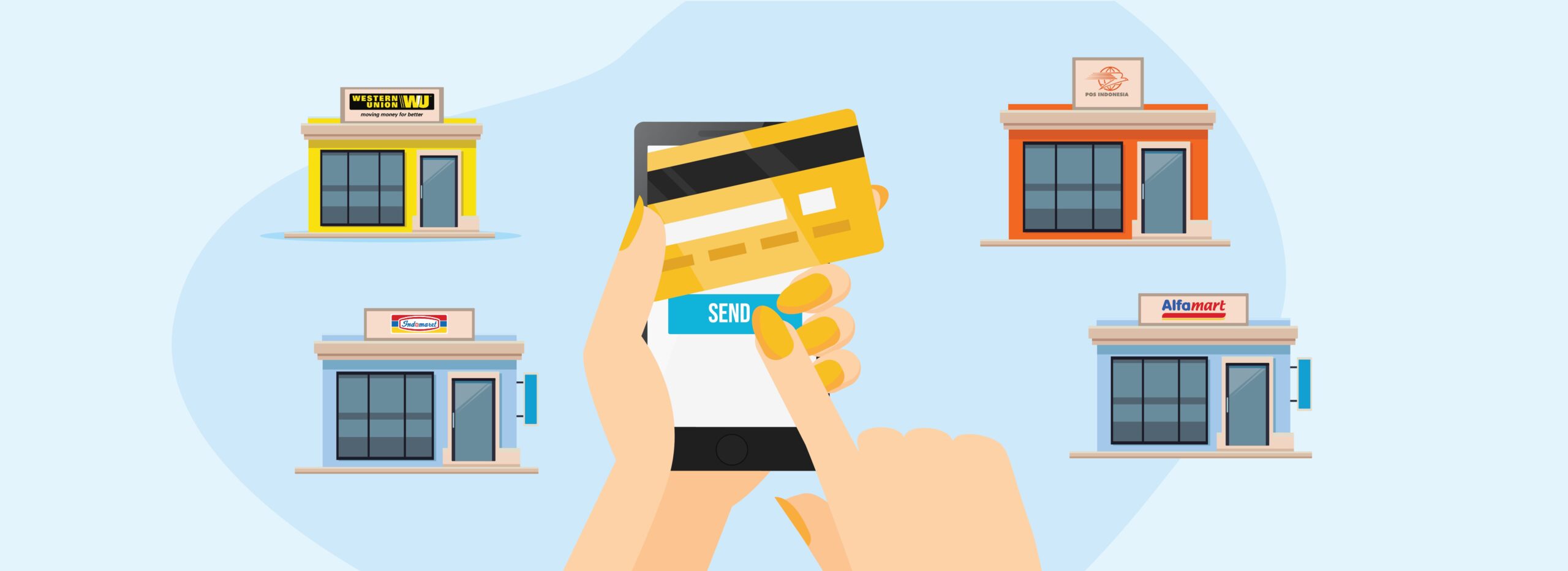The Global Startup Ecosystem Report 2022 data states that Indonesia occupies the second position in the Top 100 emerging startup ecosystems. This has proven that Indonesia has great potential in the digital economy. This also shows that Indonesia has become a target country for investors to invest their assets, especially in the startup companies.
After Singapore, Indonesia is indeed looking for the most attractive market for businesses in Southeast Asia due to the growth opportunities of its dynamic startup ecosystem. Because the startup ecosystem is considered good, the IMF and the world bank also project that the economy in Indonesia will become a giant at number 5 by 2024.
What is the Startup Ecosystem?

A startup ecosystem is a group of people, startups, and related organizations that work as a system to create and scale new startups. Startup ecosystems often form in relatively limited areas such as universities or technology companies. This ecosystem brings together key actors and stakeholders interested in startups. This includes new entrepreneurs, mentors, incubators, investors, and support services such as startup-savvy law and accounting agencies.
The startup ecosystem supports all entrepreneurs. Some startups move to new locations simply because the ecosystem there is better. The startup ecosystem can certainly support you.
You can get capital from investors and other entities that provide funds if you are able to create something that appeals to them. The ecosystem must also support the failure of an entrepreneur. Even though the first try may fail, it doesn’t mean that you will make the same mistake again.
A good startup ecosystem should regard entrepreneurs who have failed before as experienced entrepreneurs. Many start-ups also prefer to hire entrepreneurs (even if they have failed before). This is not without reason, since in the early stages of a startup all employees must become entrepreneurs.
A startup is a high-risk business that even the smartest and most skilled team may fail. But if, for example, there are 20 startups with great teams and ideas that support each other (and even several other ecosystem entities that support them), chances are that some startups will grow to become international successes. This is why the startup ecosystem should be viewed as a whole, not through individuals, their success or failure.
Basically, a startup cannot grow in an empty space because it is meant to be a part of an entity. So it takes a special ecosystem to develop.
Startup Ecosystem Development Factors

In building a startup ecosystem, we need brilliant entrepreneurs, experienced investors and well-organized events. However, building a thriving startup ecosystem is not as simple as combining all of these elements. There are other factors that also determine the development of a startup ecosystem. Here are the other factors:
- Economic Climate
- Maturity and Risk
- Supervision and Special Treatment
The global and local financial climate, available markets (in other words: access to customers), international business relationships, maturity of the ecosystem, level of government incentives, and level of management of the startup ecosystem (including branding) can all determine the entrepreneurial activity an ecosystem can deliver.
Startups can almost never thrive in the midst of a global financial recession or during a national economic crisis. Strong international business relationships also play a big role. Therefore, strong international business relationships are essential for growing start-ups in smaller or developing countries.
Startup ecosystem will easily face different challenges with more established ecosystems. In a well-established ecosystem, it’s easy to take risks for greater returns. This is what is needed to build new startups and give investors a reason to take more risks.
Startup ecosystem with less government support will be difficult to develop. The best thing to develop a startup ecosystem is to do branding and build good relationships with international markets. Surely, all of this requires support from the government.
How to Build a Startup Ecosystem

Startups are often seen as a by-product of economic prosperity. However, the role of startups in economic development is very large. The potential to build a thriving startup ecosystem cannot only be done in developed countries.
Sometimes, it is the countries that need the most solutions to their problems that produce the most innovative startups. Therefore, special steps are needed in building a startup ecosystem. Here are the steps to build a startup ecosystem:
- Research and Mapping
- Building a Community
- Do Empowerment
- Establish Partnership
You can start by mapping the local ecosystem and researching the potential and problems contained in it. This will help you find or list resources and outline a framework for entrepreneurial activity in your area.
The next step is to start building a community. You can do this by joining or starting initiatives that promote interaction between local ecosystem members through group meetings or creating special events.
To be an entrepreneur, you need a supportive community in which to give each other feedback, resources, and contacts. Engage the community by incentivizing people who dedicate some of their time to building your local startup community. This is needed as an empowerment step to create meaningful change.
Leadership and collaboration are key. Be a leader and collaborate to accelerate the growth of your local startup ecosystem. Reach entrepreneurs, event organizers, nonprofits, schools, and even government agencies. Build partnerships to position yourself as a leader and help you build community.
By joining the right Startup Ecosystem, it is expected that the startup you are starting will develop even better. And most importantly when you want to create your own online startup, make sure the platform you choose can accept 24/7 and seamless transactions. Therefore, complete your startup with a payment gateway feature so that your user experience will be good.
You can choose Duitku as a licensed and trusted payment gateway in Indonesia. Duitku will help you manage customer transactions in real time with various payment options. Let DUITKU take care of your transaction!






